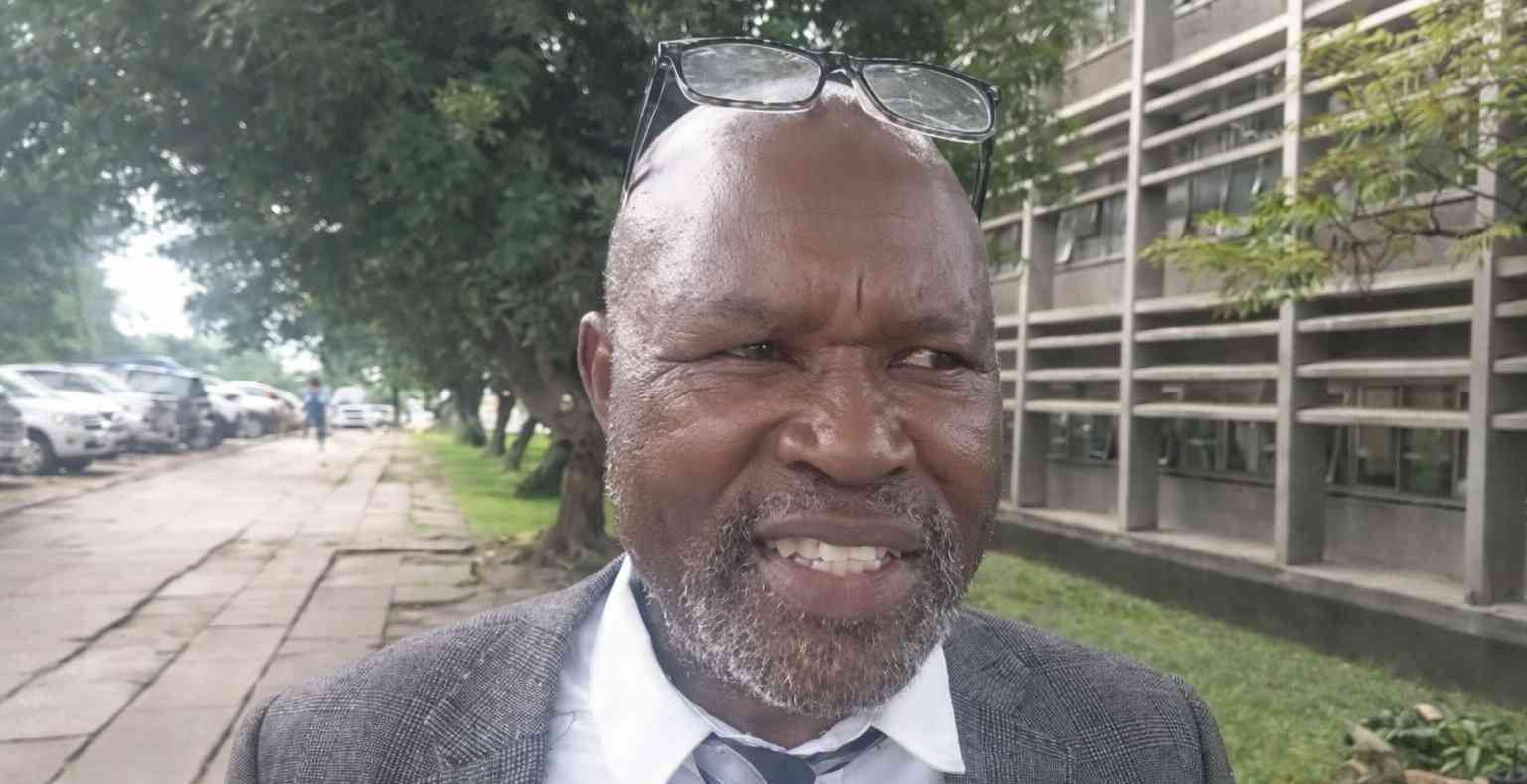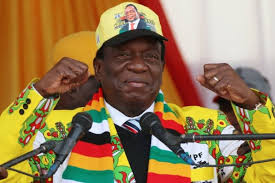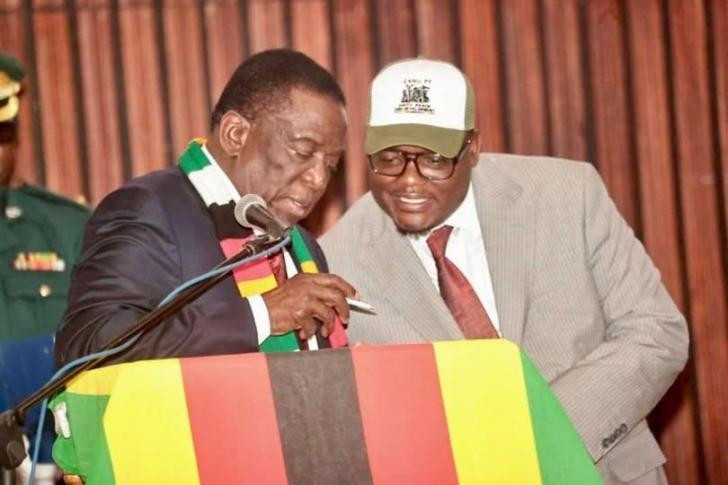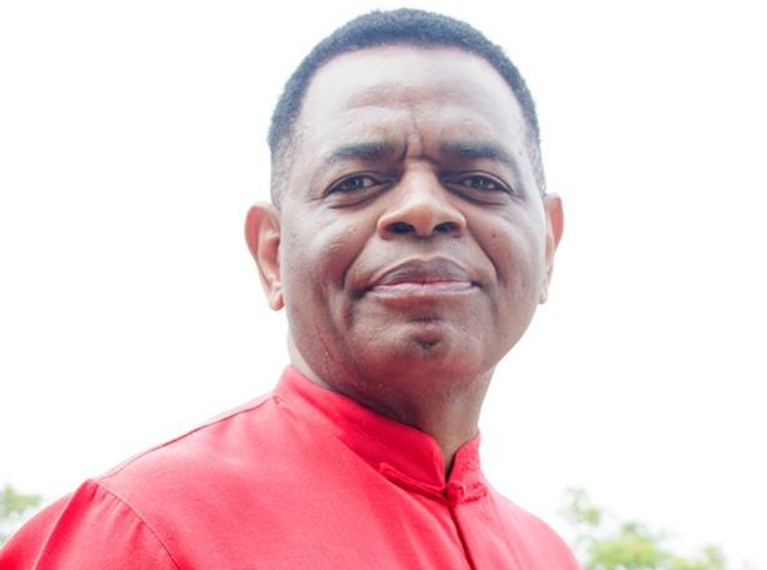
The pressure and with it tensions were heightening in the newsroom as the senior editorial team grappled to settle for what would be the most impactful story to lead in the morrow's edition of the business weekly, the Zimbabwe Independent.
It was relatively a dry news season, in the beginning of the year when most news makers are still away on holiday, most companies are closed and there is generally low activity to draw the attention of news audiences.
Yet in that season, newspapers still need to make money and in times when social media was virtually non-existent as was the case then, there would still be an appetite for news and information every morning.
The Zimbabwe Independent was one of the few critical news media outlets and because at the time, the NewsDay wasn't born yet - there was even greater appetite for the weekly dose of news editorially independent of government.
The challenge though at the material time was the newsroom seemed not to have any earth shattering story to present to the public. Or at least it seemed as such at some point.
I was a novice in the media sector then and while I was familiar to some journalists - sports journalists in particular, given how I would contribute schools' sports - I had never been accustomed to a newsroom environment.
Let alone imagine the pressures that come with deadlines.
At least I was not alone in this acclimatization. A young innocent faced boy, who three or so years my senior looked younger given his slim body and childlike mannerisms, was on this journey with me.
- Invictus to finally start drilling
- Dave Chappelle: US comedian attacked on stage in Los Angeles
- Invictus to finally start drilling
- Act on Pandora Papers expose
Keep Reading
His name was Itai Mushekwi.
It was relatively easy for me to start a conversation and strike a brotherhood with him on account of his sports personality cousin, Nyasha Mushekwi who on the basis of my familiarity with sports and local soccer was known to me.
Vincent Kahiya, the editor of the Zimbabwe Independent then had deliberately made myself and Mushekwi share a desk as we were not only the youngest, but the least in the hierarchy of names.
It was such a star studded newsroom with household names in the industry whose achievements we admired and were inspired by.
That we could sit in the same diary meeting and could share a conversation, even if it were just to be sent to make a cup of tea or buy them lunch was satisfactory.
It had to take this one phenomenal day when the unexpected happened.
Mushekwi was called into the editor's office late on Thursday afternoon when only top stories are now being considered in finalising the paper.
The call was quite imposing and there was a reverberation of urgency in Kahiya's voice, something that literally shocked Mushekwi, who in panic mode almost fell off his feet.
He must have been wondering what wrong he had done, considering that we were about to prepare to go home.
What mattered most for us was the thrill of waking up to our by-lines in at least one story in the paper, something we could spend the whole day marvelling at.
Getting a call from the editor's office deep on deadline day was for the big boys with big time stories and not for greenhorns like Mushekwi.
On this occasion though the fresh from college boy had struck gold. Somehow in the fierce debates on what would be the lead story, the editorial team had decided to catapult a story done by Mushekwi to the front page as the lead.
The call by the editor was to get more details on the story and to further strengthen the story by adding more sources and background that would make the story more impactful.
A walk to the editor's office that had started in shivers ended in a sense of pride and a journey for Mushekwi that was later to take him to Germany with his journalistic exploits.
Mushekwi, who later grew to become a household journalist, was reportedly found dead at his base in Germany a few weeks ago.
Our lives and professional paths later took different turns but we maintained cordial relations and congratulated each other on our respective growth and success along the way.
Always cool as a cucumber, a gentle giant in the making, Mushekwi's journalistic works are there and will sure will be preserved to posterity.
He definitely saw it all. From the days that just seeing your byline meant the world to the escapades that journalism can take you through and the challenges confronting the media today.
While he's gone too soon, at a time when real journalism must withstand the rampant information disorders, we can only pray that his departed soul rests in peace.
*Nigel Nyamutumbu is a media development practitioner serving as the Coordinator of a network of journalistic professional associations and media support organisations the Media Alliance of Zimbabwe. He can be contacted on [email protected] or +263 772 501 557











